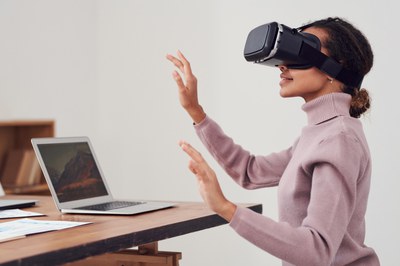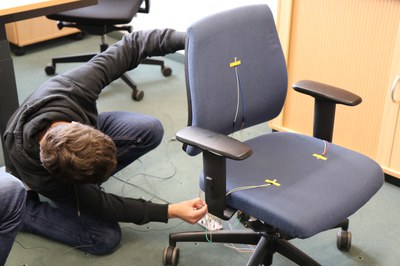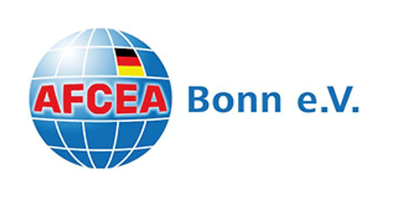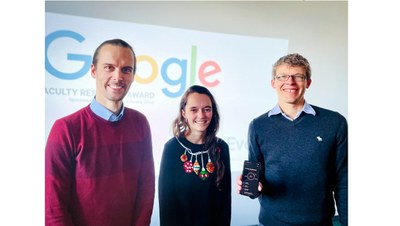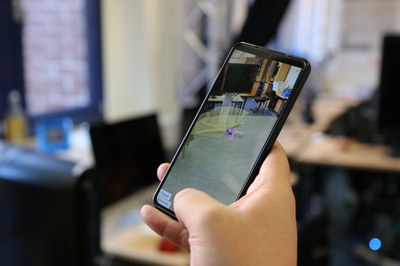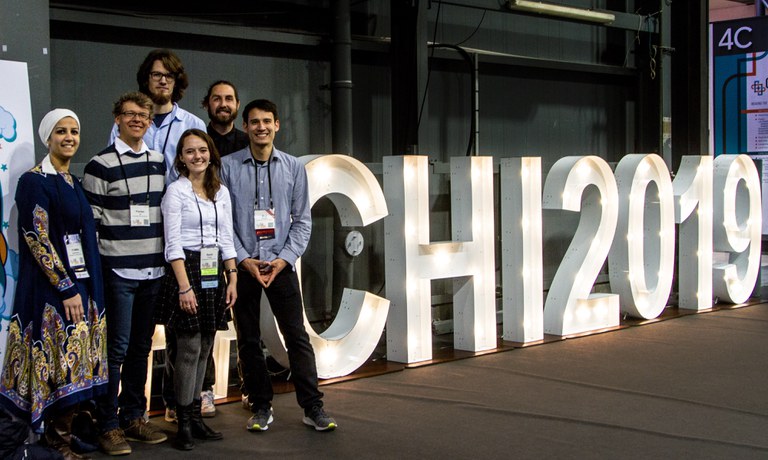
Usable Security and Privacy Group at CHI 2019
15 May 2019
The Usable Security and Privacy Group presented several publications at this year's CHI conference in Glasgow.
Behavioral Biometrics in VR
Ken talked about how people can be identified from the behavior during different types of interactions in virtual reality (pointing, grabbing, walking, typing). This work is valuable for a lot of different application areas, including implicitly identifying (and authenticating) the users in a shared VR environment or adapting VR interfaces to the specific person using it.
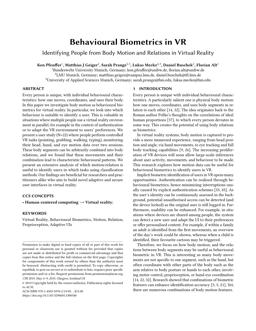 |
Ken Pfeuffer, Matthias Geiger, Sarah Prange, Lukas Mecke, Daniel Buschek and Florian Alt. Behavioural Biometrics in VR - Identifying People from Body Motion and Relations in Virtual Reality. In Proceedings of the 2019 CHI Conference on Human Factors in Computing Systems. CHI '19. ACM, New York, NY, USA.[Download Bibtex] [Video] |
Personal Mobile Messaging in Context
Daniel presented our ToCHI Paper on augmenting chats with contextual information for adding expressiveness and creating awareness. The paper summarizes our insights from three projects: TapScript, HeartChat and ContextChat. Daniel discussed chat augmentation with respect to privacy concerns, understandability, connectedness and inferring context in addition to methodological lessons learned. Finally, a design space for chat augmentation and practical design implications were proposed to guide future research.
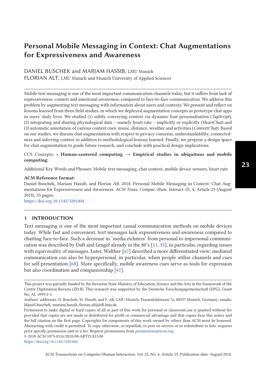 |
Daniel Buschek, Mariam Hassib and Florian Alt. Personal Mobile Messaging in Context: Chat Augmentations for Expressiveness and Awareness. In ACM Trans. Comput.-Hum. Interact., 25, 2018, 23:1--23:33. [Download Bibtex] [Video] |
Designing Voice Assistant Personalities to Improve Automotive User Interfaces
In his talk, Michael focused on the design of personalized assistants for cars. In particular, he presented a comparison of a baseline assistant (as commonly used in cars today) to four personal assistants. The results show higher likability and trust for assistants that correctly match the user’s personality while lower likability, trust, satisfaction, and usefulness was observed for incorrectly matched personalities. Finally, aspects for voice assistants in different automotive use cases were discussed.
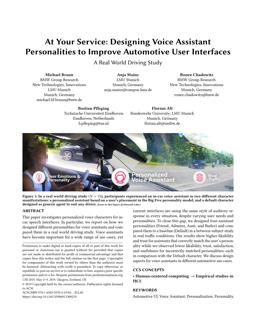 |
Michael Braun, Anja Mainz, Ronee Chadowitz, Bastian Pfleging und Florian Alt. At Your Service: Designing Voice Assistant Personalities to Improve Automotive User Interfaces. In Proceedings of the 2019 CHI Conference on Human Factors in Computing Systems. CHI '19. ACM, New York, NY, USA. [Download Bibtex][Video] |
Investigating User Behaviour in Goal-Oriented Tasks
Lukas, Sarah and Peter presented a study on problems users encounter during goal-oriented tasks. The publication first charts a design space before introducing a study in which users performed LEGO assembly tasks. The resulting GOLD dataset (Goal-Oriented Lego Dataset) is available to other researchers for further analysis
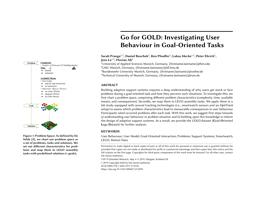 |
Sarah Prange, Daniel Buschek, Ken Pfeuffer, Lukas Mecke, Peter Ehrich, Jens Le and Florian Alt. Go for GOLD: Investigating UserBehaviour in Goal-Oriented Tasks. In Extended Abstracts of the 2019 CHI Conference on Human Factors in Computing Systems. CHI EA'19. ACM, New York, NY, USA. [Download Bibtex] [Dataset] |
Affective Assistants
Michael presented a model for the development of affective assistants based on the pillars of users traits (personality, personal experiences, preferences and demographics) and states (cognitive load, emotional states, and physiological state). The model is applied to in-car assistants.
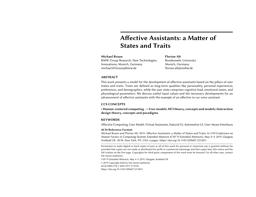 |
Michael Braun and Florian Alt. Affective Assistants: a Matter of States and Traits. In Extended Abstracts of the 2019 CHI Conference on Human Factors in Computing Systems. CHI EA'19. ACM, New York, NY, USA. [Download Bibtex] |
BrainShare
This late-breaking work introduces a system to enhance the social interactions of locked-in syndrome (LIS) patients. The system comprises a Brain-Computer Interface (BCI), augmented-reality glasses, and a screen that shares the view of a caretaker with the patient. This joint project resulted from the hackathon we organized at the UIST School 2018 in Potsdam, Germany together with gTec.
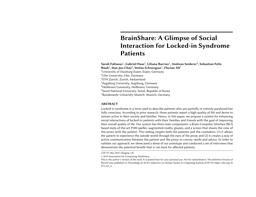 |
Sarah Faltaous, Gabriel Haas, Liliana Barrios, Andreas Seiderer, Sebastian Felix Rauh, Han Joo Chae, Stefan Schneegass and Florian Alt. BrainShare: A Glimpse of Social Interaction for Locked-in Syndrome Patients. In Extended Abstracts of the 2019 CHI Conference on Human Factors in Computing Systems. CHI EA'19. ACM, New York, NY, USA. [Download Bibtex] |
Towards Understanding User Interaction in Future Smart Homes
Sarah presented an application for logging smart home interaction in the context of the CHI ’19 Workshop on New Directions for the IoT. In particular, the application uses a smart watch and NFC tags to understand how people use smart devices. Application areas are behavior analysis, home automation and security as well as privacy.
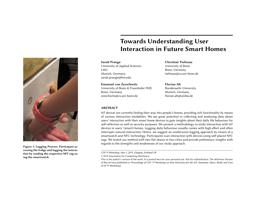 |
Sarah Prange, Christian Tiefenau, Emanuel von Zezschwitz and Florian Alt. Towards Understanding User Interaction in Future Smart Homes. In Proceedings of CHI '19 Workshop on New Directions for the IoT: Automate, Share, Build, and Care. CHI '19 Workshop. ACM, New York, NY, USA. [Download Bibtex] |


